If you read this column often, you will probably have gathered by now that I am EV-sceptic.
Used EVs are a thing and I concede that, for some, they can make some sort of practical sense, if you’re a milkman. However, if you start doing the CO2 calculations, it all becomes rather harder to justify batteries as a method of environmentally responsible propulsion. As we all know, Bangernomics is the only way to drive with a jolly green conscience.
But, hey, I like to do my bit for the home-grown car industry, so I was pleased to read that there was a Me (micro electric) car apparently being built in north London that costs a substantial £12,000. It looked like a Jeep that had been shrunk in the wash. These days, however, there is something called the interweb and, pretty quickly, you find that you could have bought one of these in China for three grand a few years back. So that didn’t go very well.

This brings us to the electrification of classic cars, which seems to be breaking out all over the place. If it is your car and you want to do that, knock yourself out. Have fun. I don’t care. When it comes to commercial operations, I’m not quite so sure. Aston Martin DB6s converted by Aston Martin to EVs (and fully reversible) is presumably a pricey PR exercise. Even if someone buys them.
A colossal amount of money is being pumped into one company that specialises in converting classics to battery-fy Fiat 500s and Ferrari 308s. What a colossal waste of finite resources that is. It is a pointless virtue-signalling exercise. So I asked to speak to the founder, who suddenly became unwell, and then someone else important, who went very quiet. I thought journalists were supposed to ask questions? Silly old sceptical me.
The toy-town battery cars are promoted on the basis that they are Ultra Low Emission Zone-compliant, but so is a historic vehicle, making the whole convert-a-classic thing redundant. Never mind: don’t buy a brand-new Chinese battery pseudo toy car when you can buy a Nissan Leaf with airbags and everything: £5995 gets you a 100,000-mile 2012 example, which at least proves they will do some solid service. Dealer ones are £6995 and I am sure that there are plenty of years left in them yet. Much cuter Renault Zoes seem to have lower mileages and broadly similar prices. A 2014 one with 40k miles is around £6750.

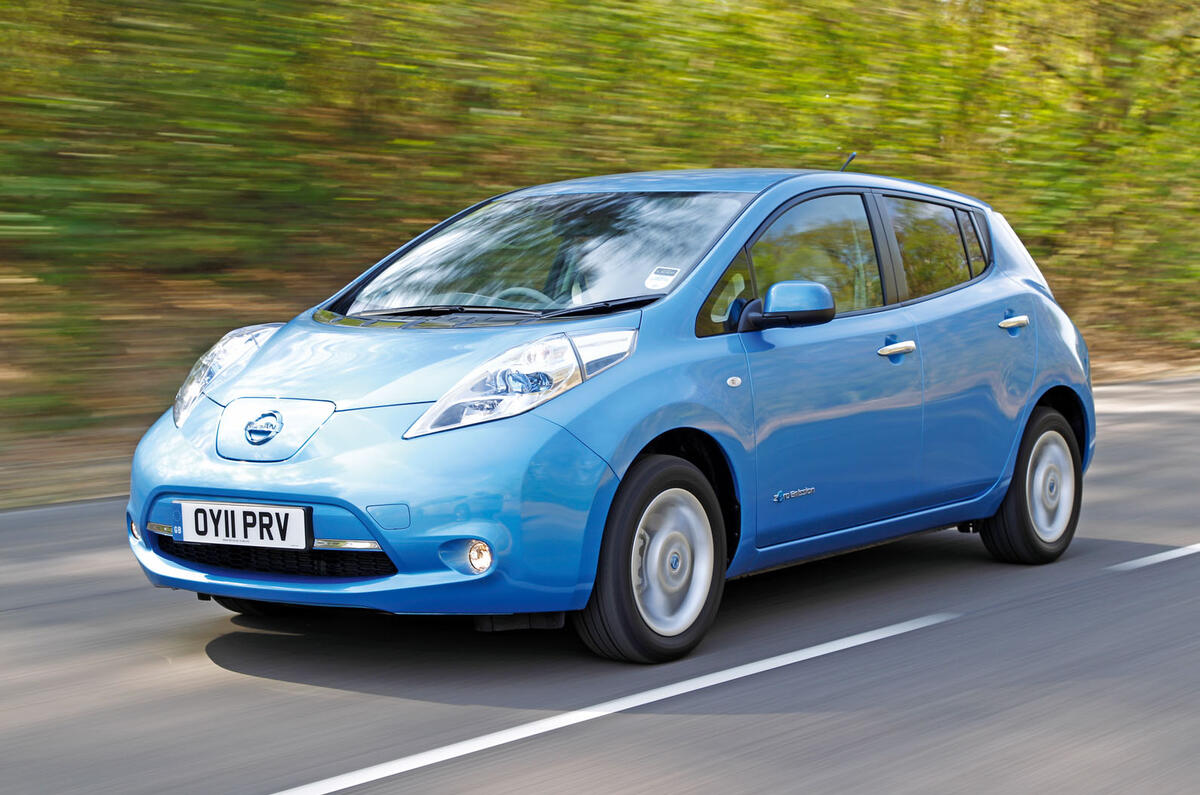
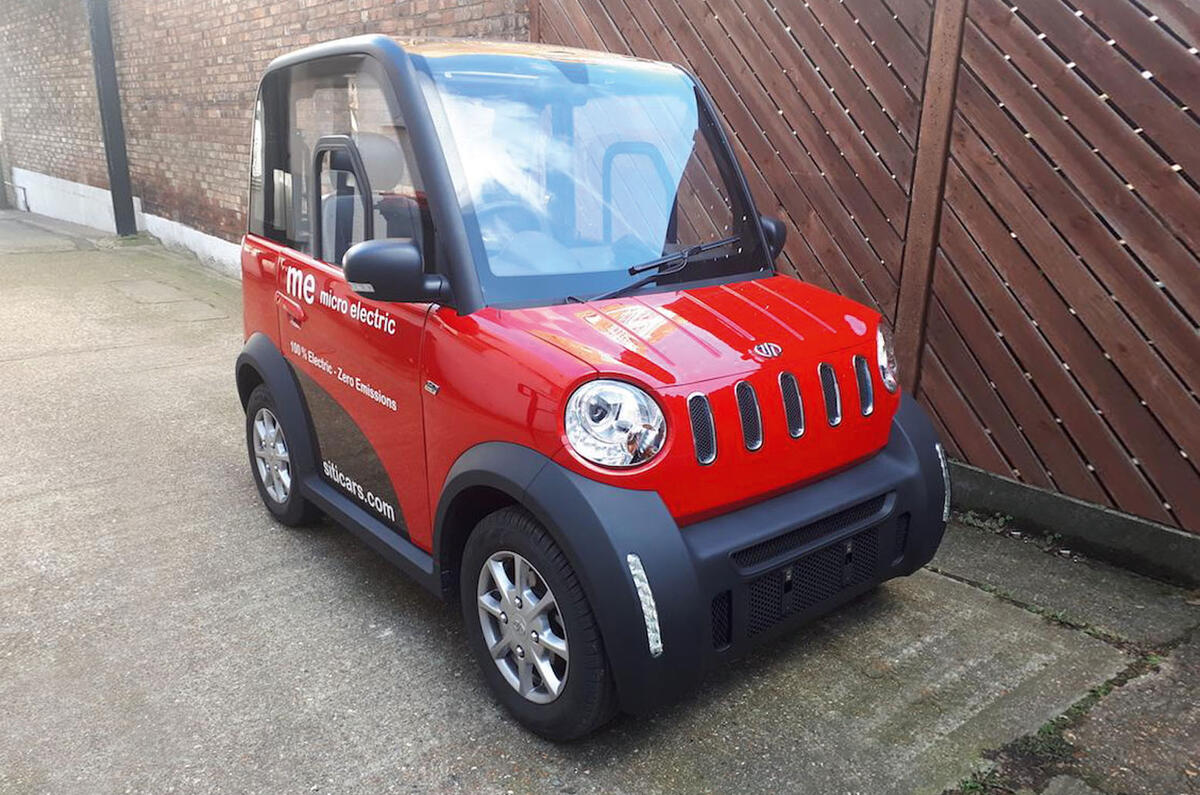
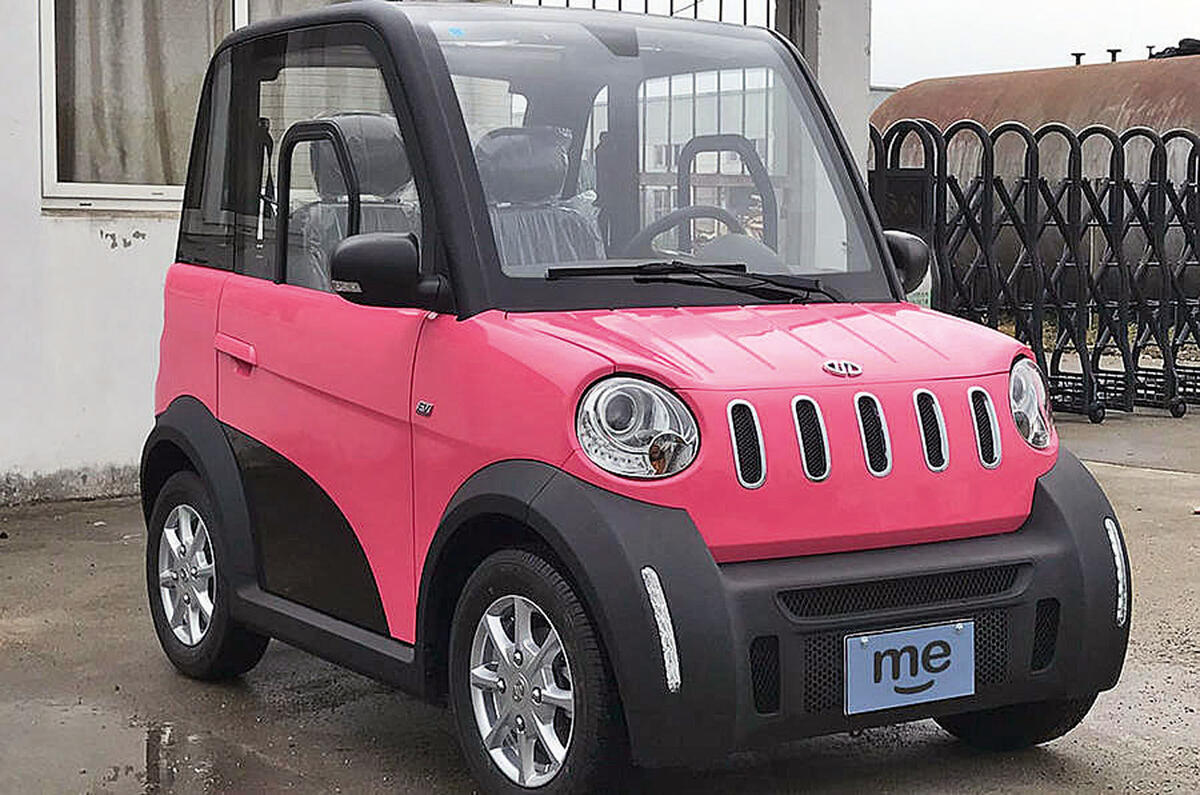
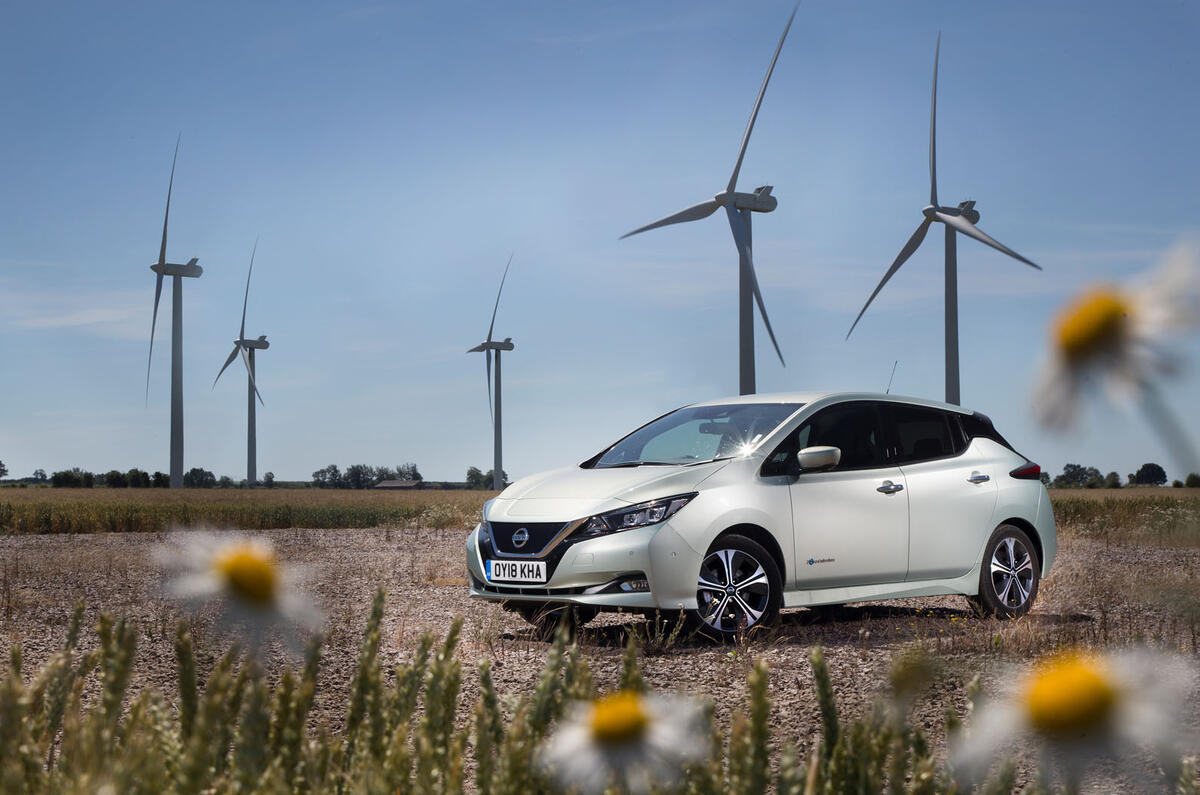
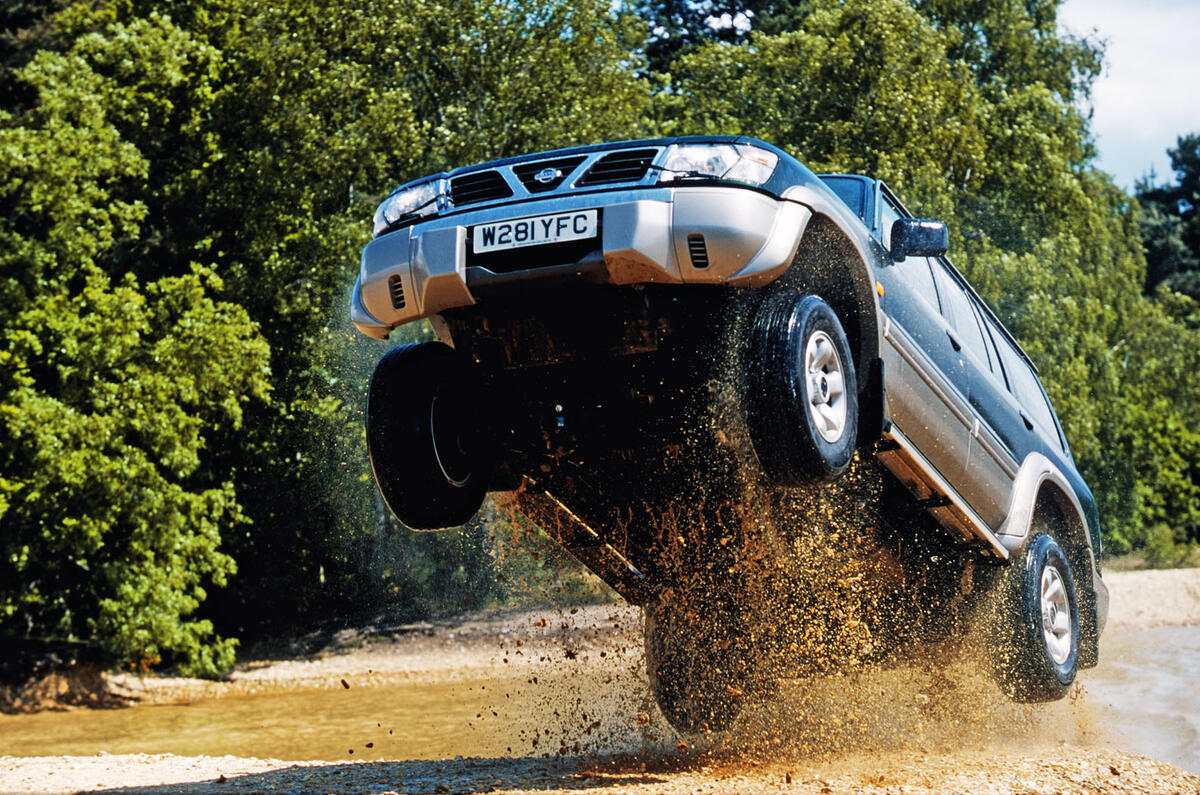
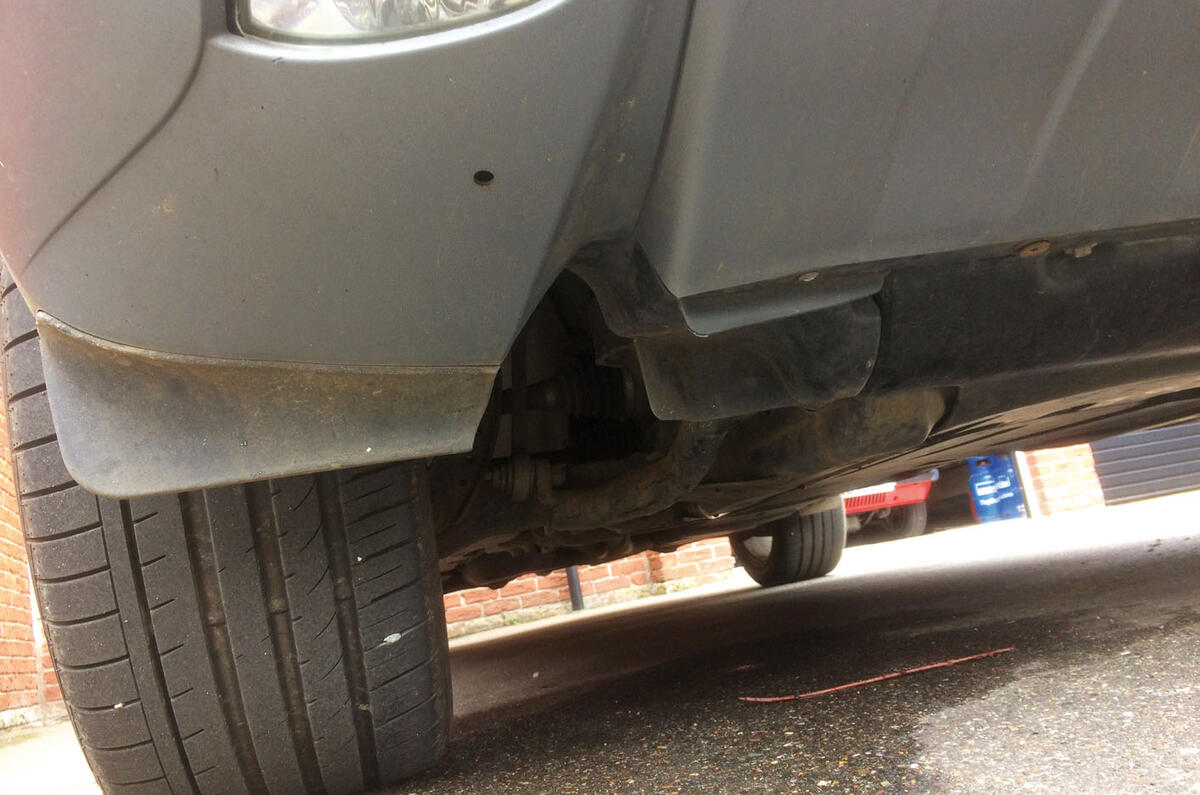

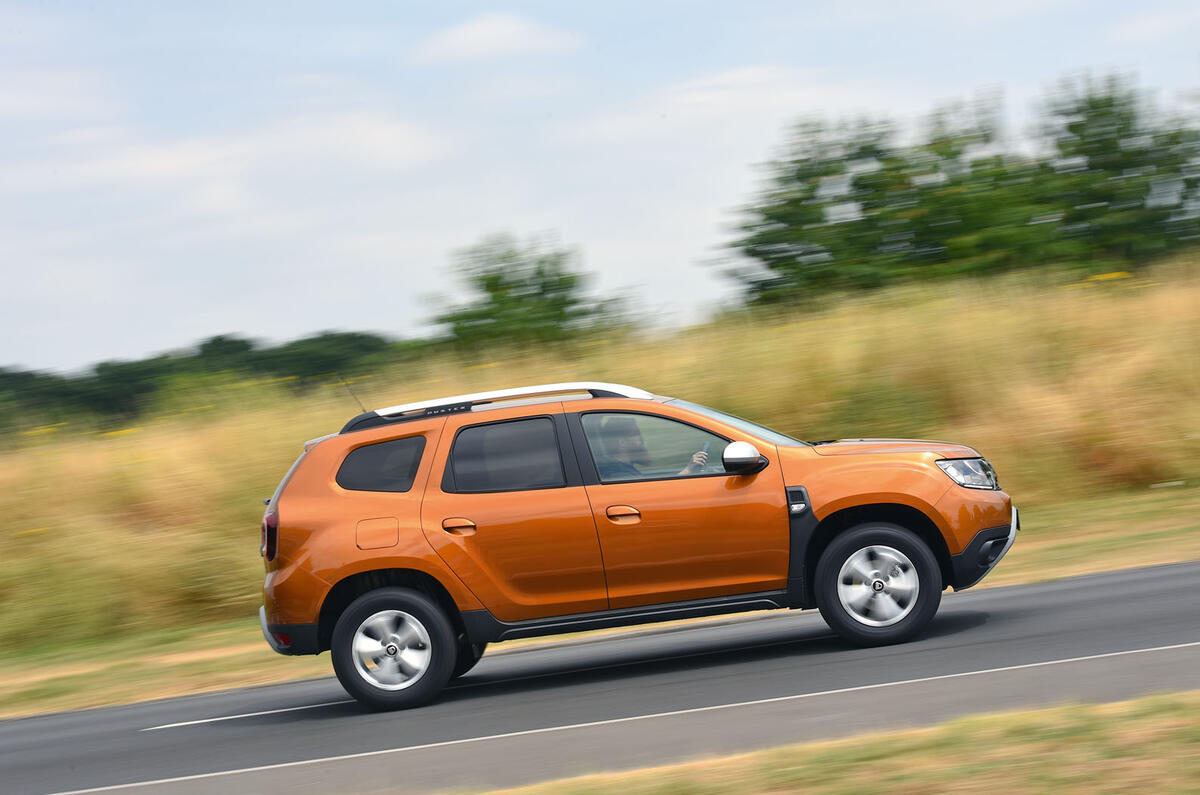
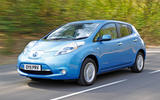


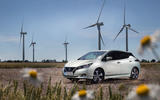

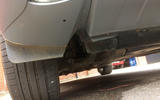

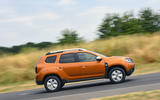

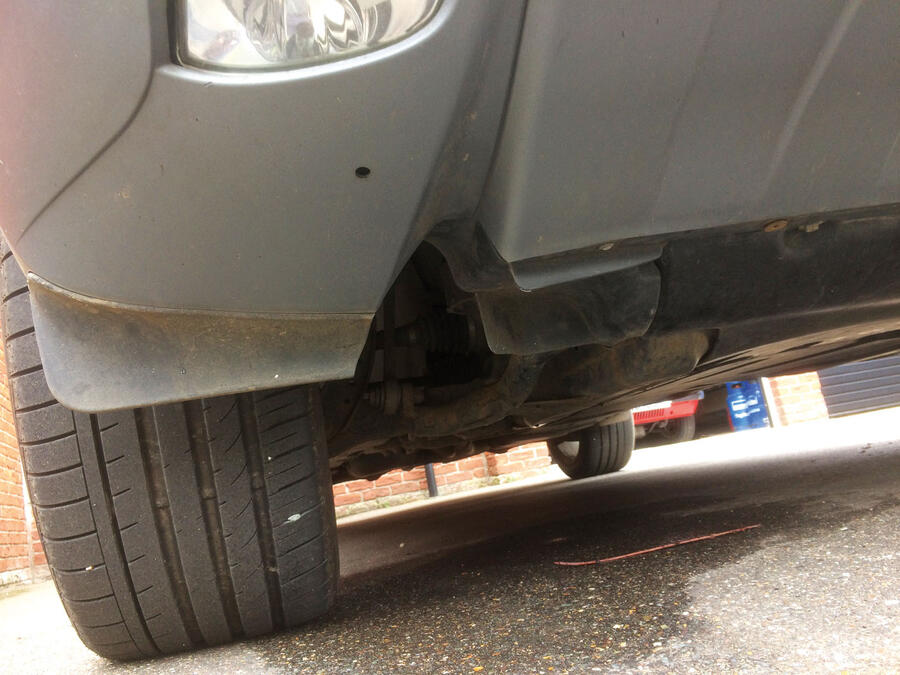
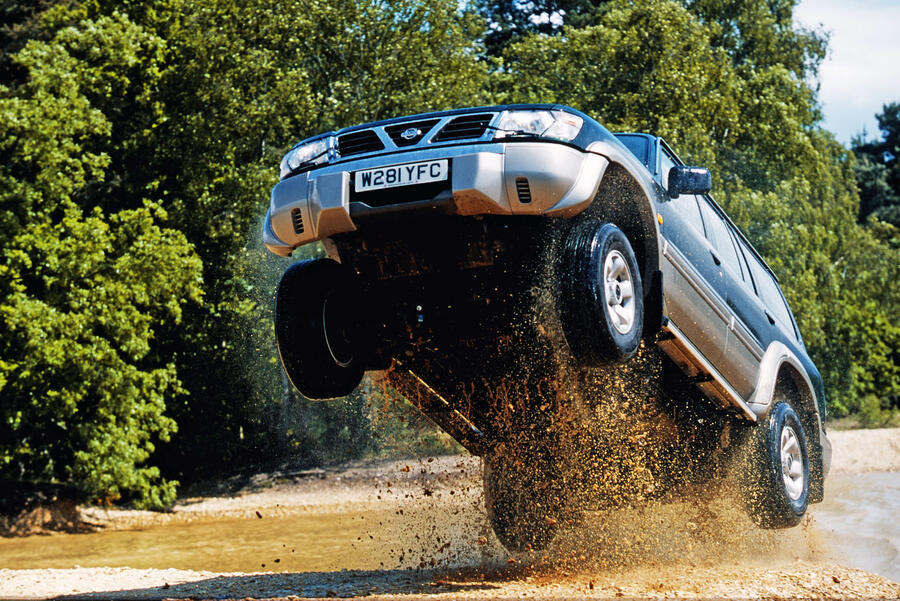

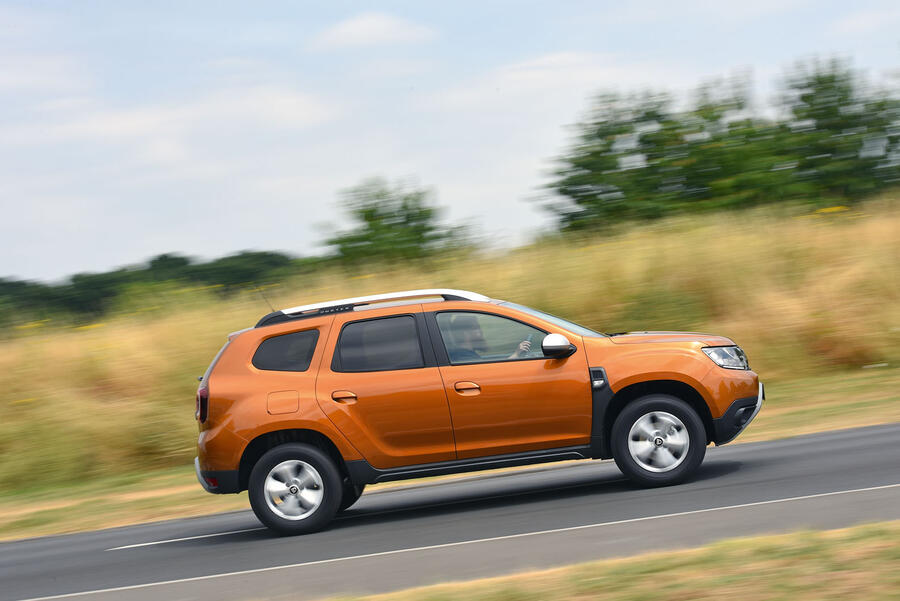

Join the debate
Add your comment
The Achilles heel of Bangernomics . . .
Is air quality.
I completely get the appeal of classic cars, but the reality is that if you covert one to electric you can drive around a city knowing that you’re not poisoning anyone’s lungs. That is a big part of why the rich would consider an electric Aston etc.
I will leave aside the Bloomberg research which said that even an electric car charged from a coal-fired power station produces 40% less CO2 than an internal combustion car. That discussion seems to be quite toxic currently and you have to suspect that the fossil fuel lobby is behind attempts to smear new technologies.
Slapdash article writing!
A journalist is a person able to put into words whatever facts he/she deals with: when an article is peppered with lack of spacings and poor punctuation, something is amiss, Autocar! Employ a couple of subs, please?
Now, for the meat: it seems that opinions about EVs are deeply divided; nothing new here BUT there are some who will signal their virtue regardless and perhaps even buy the Me shown here; there are some who are unconvinced yet and judging by the BBC report last night, they form a huge majority, and then there are some who will object to their hearse being electric when their time comes...
The point is that the vast majority of readers here are reasonably well informed (assuming that Autocar tells the truth all the time, of course): throwing 'insults' at each other is not debate or discussion, is it now? We are all enjoying motoring, aren't we?
EV curious
Are there any agreed standards in EV world that will tell me battery condition on an aged car before I buy it?
harf wrote:
Depends on the car. Usually you can just look at the range when fully charged, but Nissan has bars on the driver's display that tells you the battery's level of degradation.
That's one of the ways in which this was a really poor article (the environmental misinformation is the biggest one though). You have to be VERY careful about choosing a used Leaf, because almost uniquely, it has no active battery thermoregulation, so tends to degrade much faster than other cars. That goes double for the early model, which also had relatively primitive cells. You need to check its battery's state of health before buying, which isn't a particular issue with a Zoe, Ioniq, Soul EV or e-Golf, and not at all with a Tesla, Ampera or i3.
The other car he pointed towards, the Zoe, also has a unique caveat to consider before buying, in that almost every one comes with a battery lease. While that does mean you don't need to check for degradation like you do on a Leaf, it also entails running costs that are close to par with a combustion engine.